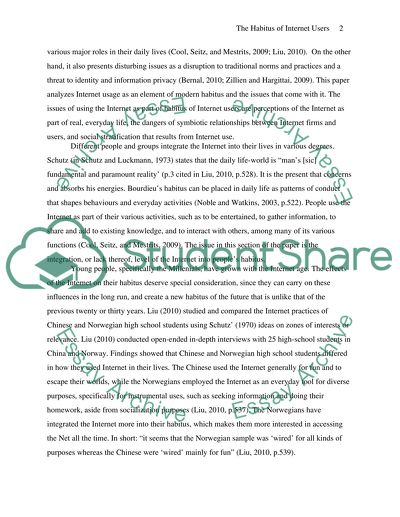Cite this document
(“The Habitus of Internet Users Essay Example | Topics and Well Written Essays - 2000 words”, n.d.)
Retrieved from https://studentshare.org/sociology/1441397-evaluate-bourdieu-s-ideas-on-consumption-social
Retrieved from https://studentshare.org/sociology/1441397-evaluate-bourdieu-s-ideas-on-consumption-social
(The Habitus of Internet Users Essay Example | Topics and Well Written Essays - 2000 Words)
https://studentshare.org/sociology/1441397-evaluate-bourdieu-s-ideas-on-consumption-social.
https://studentshare.org/sociology/1441397-evaluate-bourdieu-s-ideas-on-consumption-social.
“The Habitus of Internet Users Essay Example | Topics and Well Written Essays - 2000 Words”, n.d. https://studentshare.org/sociology/1441397-evaluate-bourdieu-s-ideas-on-consumption-social.


